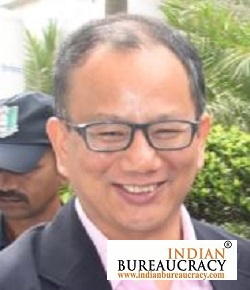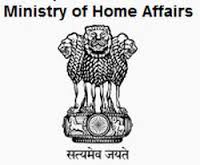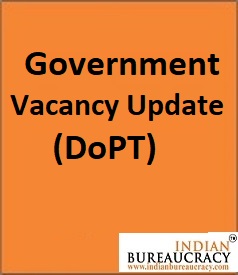Two of Britain’s most senior government ministers begin a two-day visit to India on Monday hoping to open up opportunities in the defence and infrastructure sectors, the first such trip since Prime Minister Narendra Modi’s May election win.
The arrival of George Osborne, Britain’s finance minister, and Foreign Secretary William Hague, is the latest in a series of high-profile visits by foreign governments keen to build strong relations with Modi and to position themselves for a possible further opening up of India’s defence industry.
Britain’s economy, the world’s sixth largest, is expanding at one of the fastest rates in the Western world. But the country is weighed down by large public debts and Prime Minister David Cameron has said it needs to forge closer links with developing economies such as India’s to secure its future.
London is hoping that a stalled deal for India to buy 126 French Rafale fighter jets may yet collapse, opening the door to a potentially new arrangement involving the Eurofighter jet, which is partly built in Britain.
It also wants British firms to help India develop new cities and districts along a 1,000 km (600 mile) corridor between Mumbai and Bangalore.
“I believe a stronger relationship with Britain will help deliver the new economic policy of the Indian Government,” Osborne will say in a speech during the visit, according to advance extracts released by Britain’s Foreign Office.
“Prime Minister Modi is seeking more investment in India’s economy – and I want British companies to provide it, and the British Government to support it.”
The two men, both members of Cameron’s ruling Conservative party, are expected to visit Mumbai and Delhi, and to hold meetings with Modi as well as with India’s finance and foreign ministers and with business leaders.
Osborne is expected to use the trip to announce research and development investment in Britain by car giant Mahindra and pharmaceutical company Cipla to the tune of 20 million pounds and up to 100 million pounds respectively.
Hague will say Britain is increasing the amount of money available for Indian student scholarships and wants to further develop educational links. A long-festering tax dispute involving Vodafone is also expected to be on the agenda.
The visit could have an impact on Britain’s political scene. Cameron is up for re-election next year and his Conservative party is anxious to woo the country’s Indian diaspora, which Hague before his trip estimated was 1.5 million-strong.
In 2013, Britain exported goods and services worth 7.7 billion pounds to India and imported goods and services from India worth 8.8 billion pounds.
Britain, India’s former colonial power, is the third biggest investor after Singapore and Mauritius.





